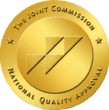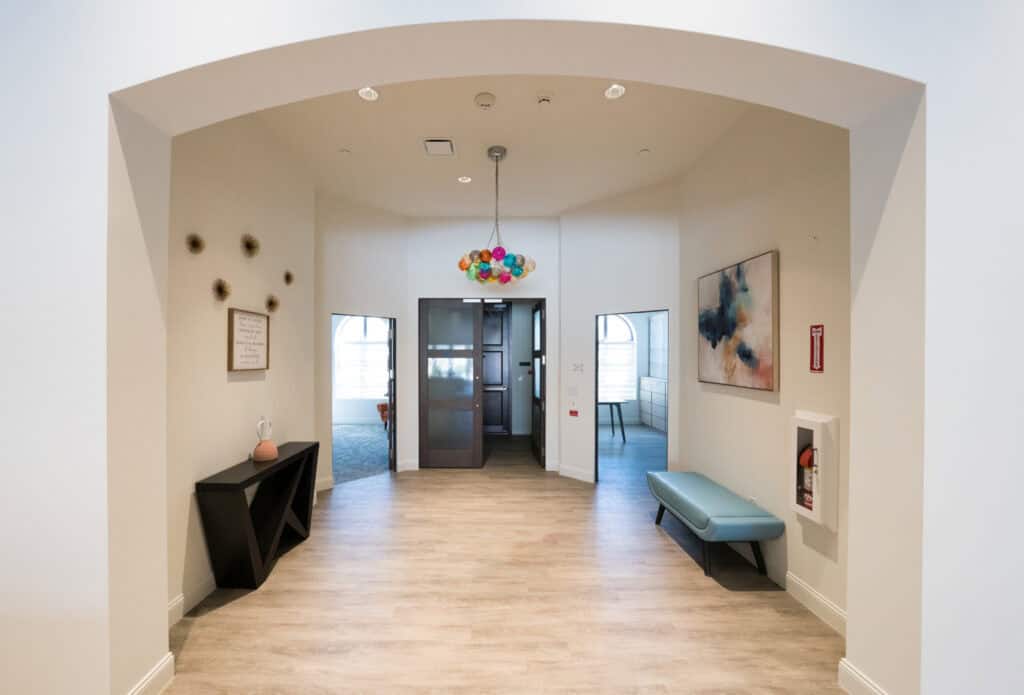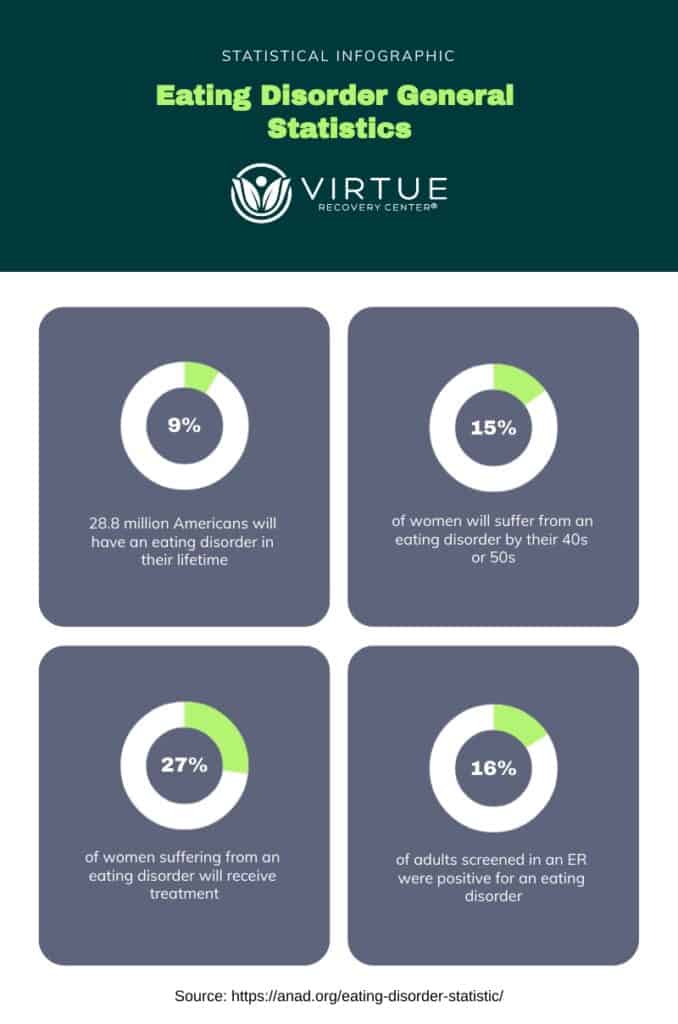What is OSFED (Other Specified Feeding or Eating Disorders)?
OSFED stands for Other Specified Feeding or Eating Disorder. It’s an eating disorder that doesn’t fit perfectly into categories like anorexia, bulimia, or binge eating, but it’s just as serious. OSFED includes a variety of symptoms from different eating disorders, like extreme concern about body weight, unhealthy eating behaviors, or purging without binge eating. These symptoms can harm your body and mind, and it’s important to know that just because it doesn’t match a specific label, it doesn’t mean it’s any less dangerous.
Many people with OSFED don’t realize they have a disorder because they don’t meet the exact criteria for other eating disorders. However, OSFED can still lead to significant health problems, such as heart issues, digestive problems, or severe emotional distress. Getting help for OSFED is crucial to improve your overall well-being, and with the right treatment, you can regain control of your life and your relationship with food.











































